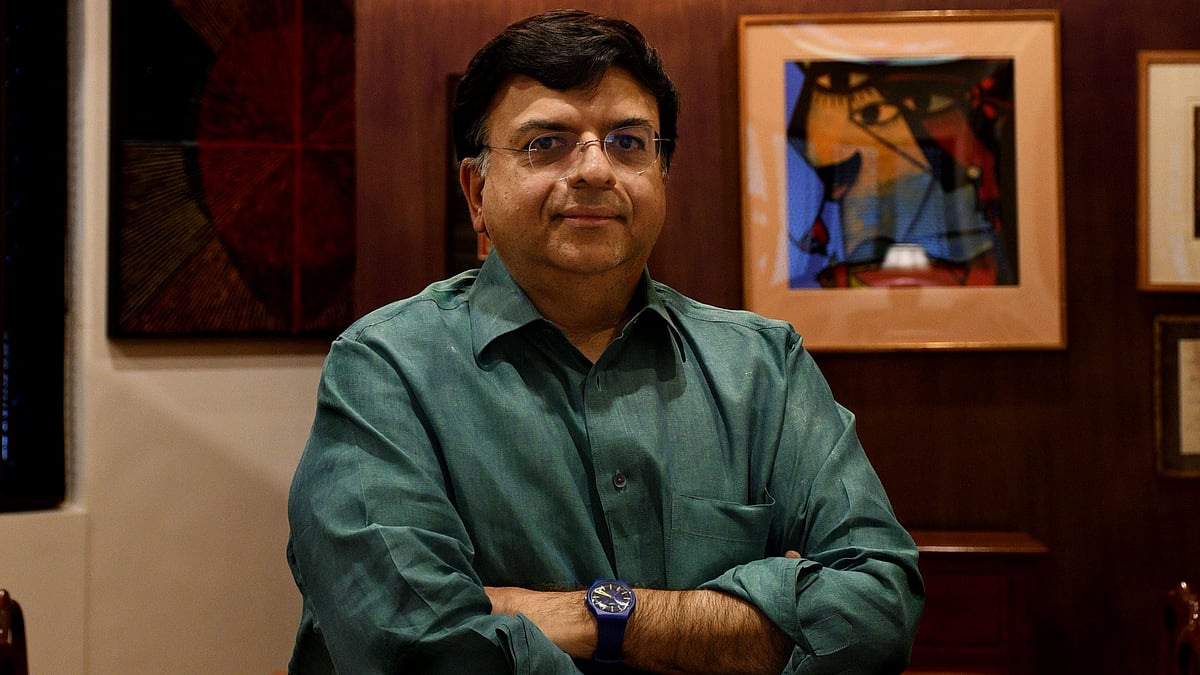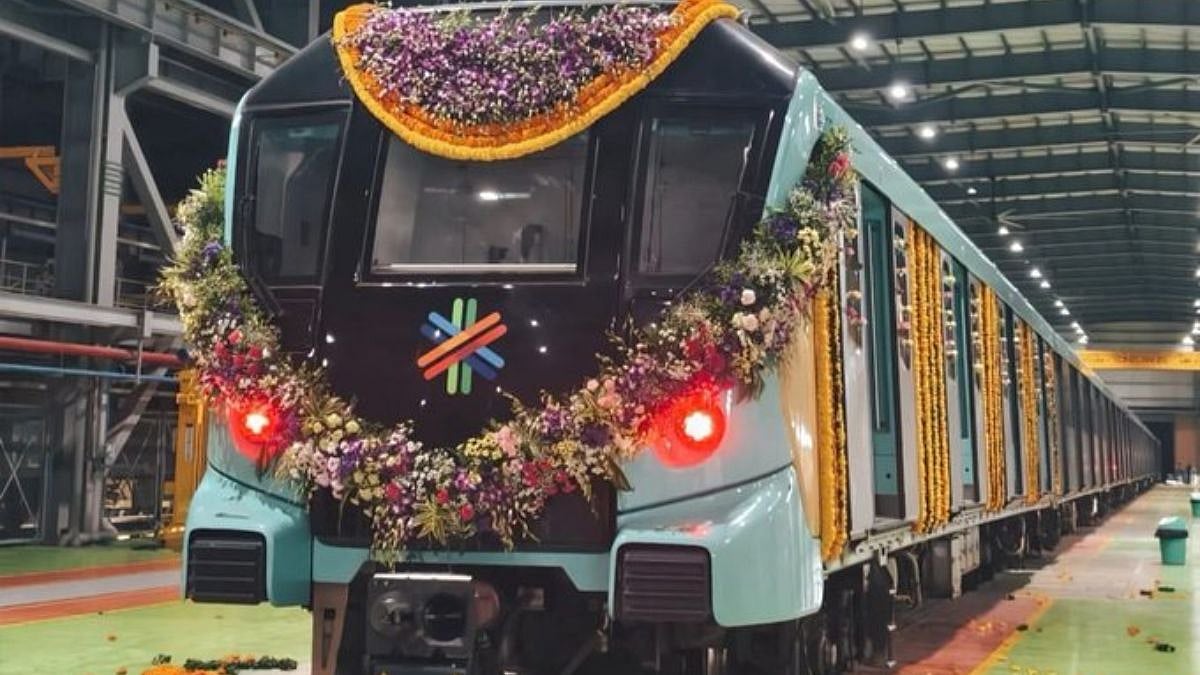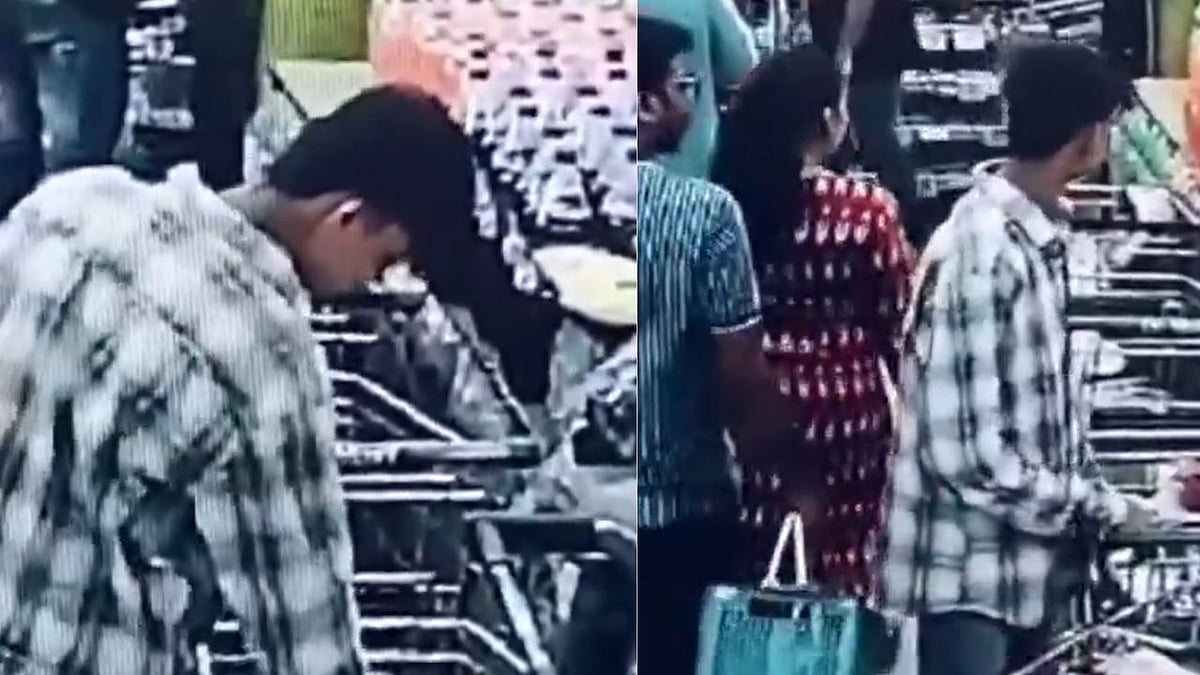The Praja Foundation has over the years cemented a reputation among nonprofits through reports on how elected representatives function, education and health infrastructure and how safe the city is.
Its Founder-Trustee, Nitai Mehta, spoke to the Free Press Journal about the NGO’s work, how it all began, the journey and achievements so far.
When did you think of forming Praja?
There is a story about why we started the foundation. I was working with the Association of Youth for a Better India (AYBI). While working with them in municipal schools from 1993- 1997, we could do a lot towards the education sector. There were around 1,200 schools and 7.5 lakh students.
While evaluating our work, we realised that if one organisation looks at all these children and works more efficiently, it will have more impact on its functioning. That was the idea behind starting Praja in 1997.
What are these tools?
Our first tool was a Citizens’ Charter in partnership with the BMC in 1999. It was the first such charter and explained how the BMC functions, the number of departments and who to get in touch with.
We then came up with the first online complaint management system with the BMC and later the first call centre, which is still working. Work on the performance of law and order, the use of RTI extensively to show malaria deaths in the city, malnutrition deaths, corporators not raising questions, and pothole problems led to the BMC reacting.
We went to 40 cities to understand the laws and are now working with the Government of India on urban governance.
What are you working on with respect to the city?
We have started some work on the BMC elections. It is about all the promises made by political parties in their manifestos and whether they delivered them. We will come out with this report a little later.
Has Praja’s work evolved?
The idea is to take democracy to the grassroots level, where the same power as the state or the Centre is not vested. There has to be more empowerment and manifestos have to be at the local level. Now, we are working with the Government of India on improving urban governance. We have sent our reports to the Prime Minister.
How was the response from the public authorities?
They did not take us seriously initially. It is only over a period of time that they started talking to us. Urbanisation is happening at a very fast rate. We told peopleabouttheneedfor smart governanceincities. Unless local participation is not considered in governance, things will not change.
What ails city’s governance?
Through our work, we have managed to bring in some changes in the education system. Municipal schools are looking at new techniques of imparting education. There is accountability among teachers with third party audits. Elected people are to be at thehelmcontinuously, who are not at present in BMC. Urban governance functions through the third tier are missing and hence governance is ailing.
Have you met the initial objectives?
I think it is a mixed bag. Objective of why Praja was formed was to get the system to function when it came to service. But the reason it is not delivering is because fundamentally things are wrong in their structure.
Do you think the citizenry is active?
It is active but it’s a one-way street. If people have problems, they can go to the government, which will give a sympathetic hearing, but it does not go beyond a point. You can go to the press or courts but with only big issues. The government has become very good at listening.
But day-to-day issues are not something taken up by the press and it is expensive to approach court. So the day-to-day issues of the majority of people are not being resolved.
Why have citizens and politicians not been able to forge a partnership?
There have been many cases of partnerships.For this to work out, the opposite sides must have proper substance. It should not just be about making complaints.
One has to be persistent and stick to facts. If you are getting carried away in emotions, then it does not work. Often authorities also feel what locus standi does anyone have to question them.
Do you think more associations are needed?
Yes, it is always good to have more associations and more people to be part of active citizenry.


.jpg)



